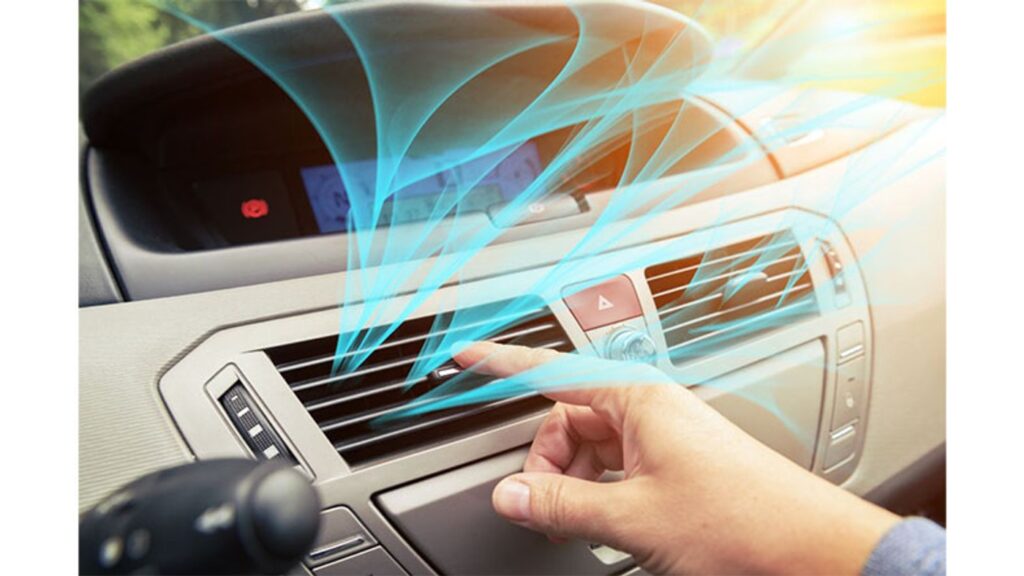Many drivers wonder about the impact of using air conditioning on fuel consumption. Does vehicle air conditioning really increase fuel consumption? If so, how does this happen? The air conditioning system operates by drawing energy from the vehicle’s engine. This energy is provided via the alternator, so activating the air conditioner directly increases fuel consumption. However, this effect varies depending on the age, speed, size, engine power, and external temperature of the vehicle. Generally, it causes an extra fuel consumption of 1-1.5 liters per 100 kilometers in diesel vehicles, and 1-2 liters in gasoline vehicles.
Is It More Economical to Open the Windows or Use Air Conditioning?
Comparing air conditioning use to opening the windows in terms of efficiency; at low speeds, in city stop-and-go traffic, opening the windows can be more efficient since there is no aerodynamic drag. However, once speeds exceed 80 km/h, opening the windows creates aerodynamic resistance and increases fuel consumption. In this case, using air conditioning becomes a more economical option.
Fuel Efficiency of Automatic Air Conditioning Systems
Automatic air conditioning systems consume less fuel compared to manual systems. Manual air conditioners consume more fuel when run at high power to adjust the temperature. Automatic air conditioners, on the other hand, maintain a constant internal temperature based on the external temperature, operating more precisely and efficiently. These systems continue to operate at low power once the ideal temperature is reached, reducing fuel consumption by about 25%.
Don’t Turn On the Air Conditioning Immediately, First Open the Windows to Ventilate the Vehicle
Another important point is not to turn on the air conditioning right after starting the vehicle. First opening the windows to ventilate the interior will be healthier and more energy-efficient. Additionally, running the air conditioner in recirculation mode, which cuts off the intake of outside air, uses the interior air and further reduces energy consumption.
In conclusion, the impact of air conditioning use on fuel consumption varies depending on driving conditions and speed. Conscious usage can reduce fuel consumption, making driving more economical and efficient.
